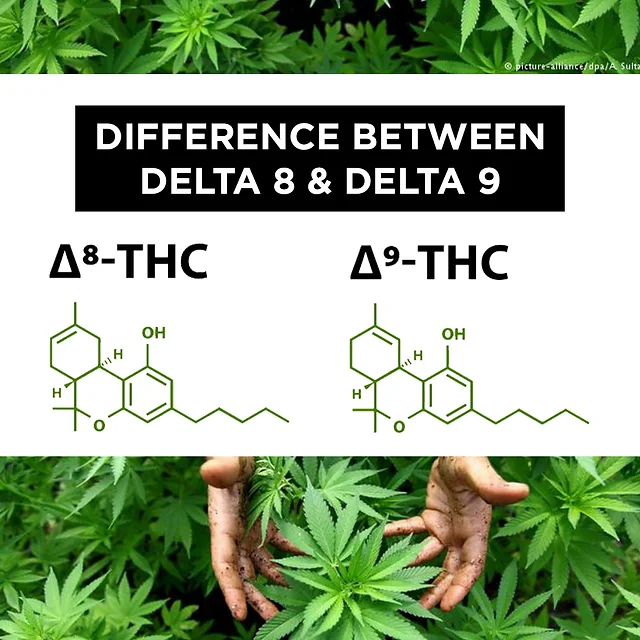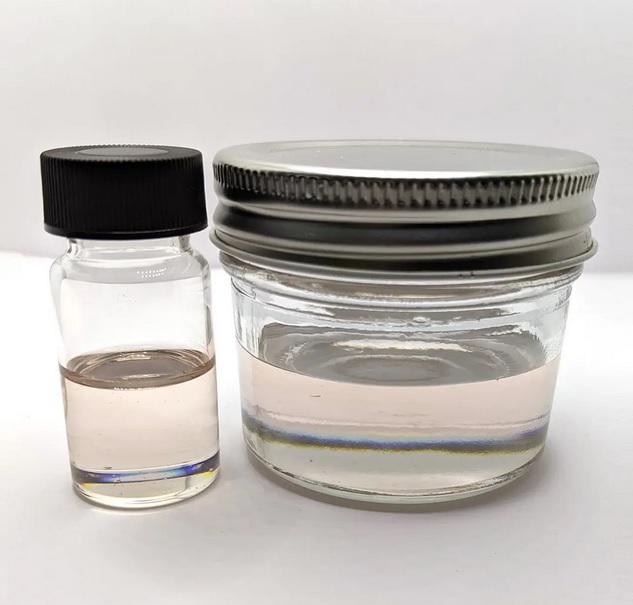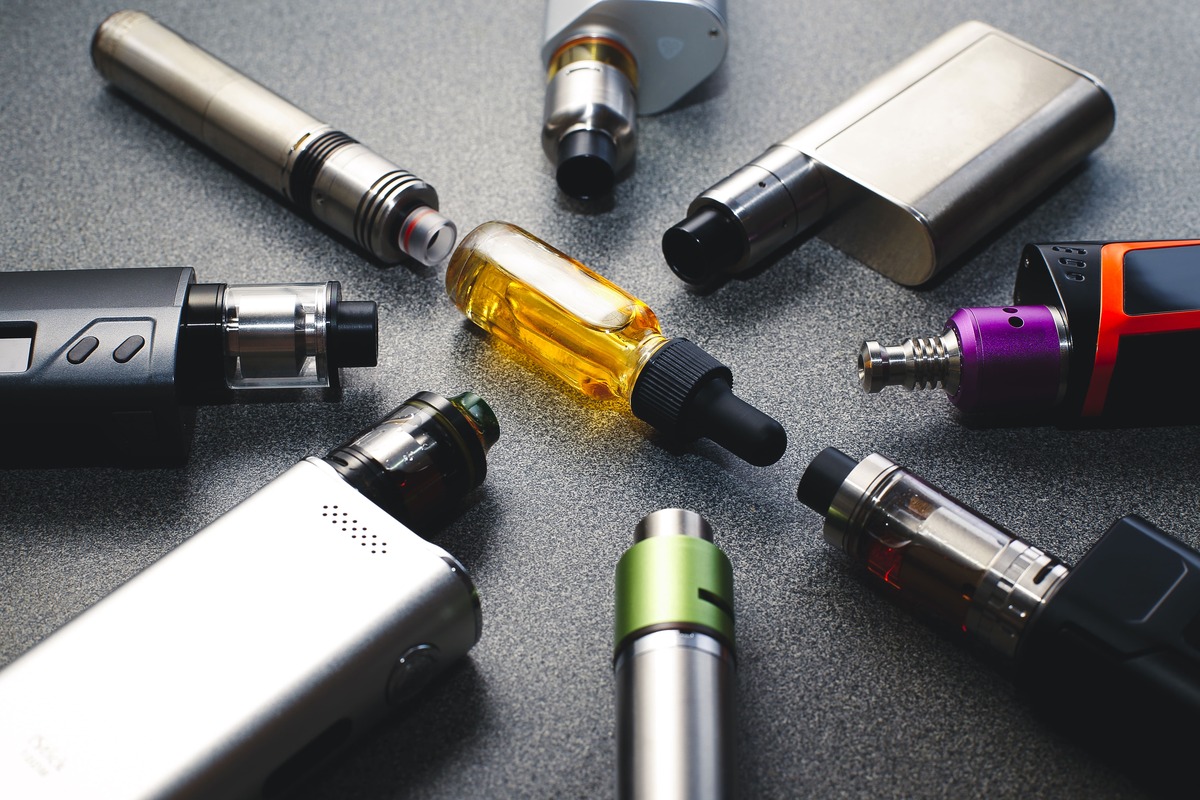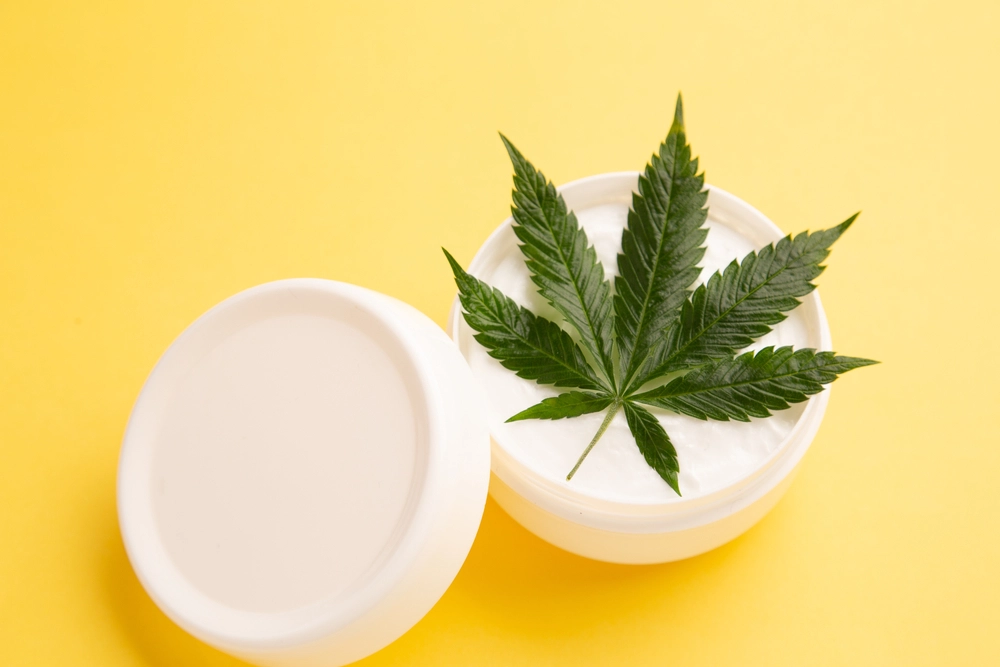Cannabis consumption has become increasingly popular with the rise of edibles due to their convenience and discreetness. Delta 8 and Delta 9 edibles are two of the most popular cannabis-infused edibles, and their differences set them apart. In this article, we will explore the similarities and differences between Delta 8 and Delta 9 edibles to help you make an informed decision about which one offers a more relaxing experience.
What is Delta 8?
Delta 8 is a lesser-known cannabinoid found in the cannabis plant. It is a variation of Delta 9 THC, which is the compound commonly associated with the psychoactive effects of cannabis. Although Delta 8 is similar to Delta 9 in chemical structure and effects, it has some differences that make it unique.
Delta 8 is known for providing a milder, more relaxed high than Delta 9, making it a great option for those who are new to cannabis or prefer a gentler experience. It has fewer side effects than Delta 9, such as anxiety and paranoia. Additionally, Delta 8 is legal in some states where Delta 9 is not, which has contributed to its recent popularity.
What is Delta 9?
Delta 9, also known as THC (tetrahydrocannabinol), is the main psychoactive compound found in the cannabis plant. It is the chemical responsible for the “high” that is commonly associated with cannabis use. Delta 9 works by binding to cannabinoid receptors in the brain and body, which can produce a wide range of effects.
Delta 9 is known for its strong and intense psychoactive effects, making it a popular choice among experienced cannabis users. It is also shown to have a range of potential medical benefits, such as pain relief and reducing inflammation. However, it is important to use Delta 9 responsibly and per all applicable laws and regulations, as it can have negative side effects when used inappropriately.
Delta 8 and Delta 9 Edibles: What’s the Difference?
When it comes to edibles, there are some key differences between Delta 8 and Delta 9. One of the main differences is the onset time. Delta 8 edibles typically take longer to take effect than Delta 9 edibles. This is because Delta 8 is less potent than Delta 9 and takes longer to metabolize in the body.
Another difference is the intensity of the effects. Delta 9 edibles are generally considered to be more potent and have a stronger psychoactive effect than Delta 8 edibles. This means that if you’re looking for a stronger, more intense experience, Delta 9 edibles might be the way to go.
Finally, there’s the issue of legality. While Delta 9 is still considered a Schedule I substance at the federal level, Delta 8 is legal in many states. This means that Delta 8 edibles are much easier to find and purchase in many parts of the country.
Potential Benefits of Delta 8 and Delta 9 Edibles
Delta 8 and Delta 9 have a wide range of potential medical benefits that are currently being studied by researchers. Delta 8 has been shown to have neuroprotective properties, meaning it may help protect the brain from damage and degeneration. It has also been studied for its potential anti-cancer properties, with some early research suggesting that it may help slow the growth of cancer cells. Additionally, Delta 8 has been shown to reduce inflammation and pain, making it a potential option for those with conditions such as arthritis.
Delta 9 also has a variety of potential medicinal uses. It’s been shown to be effective at reducing pain, particularly neuropathic pain, which is often difficult to treat with traditional pain medications.




